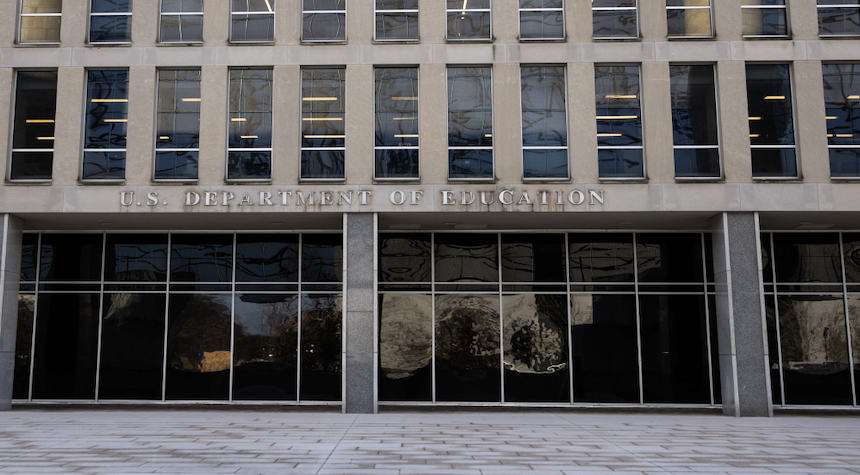One of the federal judges of the DC Circuit has declined to issue a temporary restraining order against Elon Musk’s Department of Education. This is a rare move among federal judges. On Monday, Judge Randolph Moss, appointed by President Obama, ruled that any harm claimed by the University of California Student Association (an organization that represents students in the University of California School System) was “entirely speculative.” He also noted that there was no evidence that Musk or DOGE would “misuse or further disseminate” this information.
Judge Randolph appeared skeptical in the hearing about the answers that Department of Justice lawyers gave about the DOGE Team.
Judge Moss noted that it seemed that some of Musk’s operatives who worked within the Education Department also sifted through data from other agencies. This went beyond what was done by the U.S. Digital Service which it replaced.
Judge Moss noted that the transition was a bit different. “If they are working for an entity which has just been set up in the White House Office a few weeks ago, who have spread out across the federal government in teams, with individuals not being assigned to one agency, but to several agencies, and going into and systematically going through vast quantities of information in a way that is unprecedented in the history the executive branch – lightning speed in all of government – that does seem to be a little different from the usual transition.”

The case was filed on Tuesday.
Separately, on Tuesday, the Federal District Court in Washington restricted access for Mr. Musk’s team to over a dozen sensitive systems at the Department until Monday.
Two legal groups representing the University of California Student Association filed a lawsuit to prevent Mr. Musk and his associates from scouring through the Education Department data due to privacy concerns relating to personal identifying information students routinely provide when applying for federal assistance.
This question falls under the “not mine, not my monkeys” category. The judge has no business knowing what other tasks are assigned to members of the Executive Branch, their speed of work, or if they think this is “a bit different” than the usual transition. He doesn’t get to vote on anything, and his concern shows the arrogance many federal judges have.

This case has a subtext that plaintiffs fear that the federal government will use student loan application data to identify illegals.
When asked at oral argument whether there was “any reason to believe this [information] is being used for immigration purposes,” counsel for UCSA conceded that there was not. Hrg. Tr. (Rough at 10). Given Defendants’ representations to the Court regarding how the DOGE affiliated employees intend to use the information at issue, and the Court’s reliance on those representations, the Court would expect Defendants promptly to notify the Court should those representations prove inaccurate or incomplete. As the record now stands, however, the Court has no reason to believe that any of the information at issue will be used for any purpose unrelated to the statutory mission of the Department of Education itself.
Hopefully, this will be a sign of things to come. But I doubt it. This hatred for Trump in the DC Circuit stems from the “insurrection of January 6” narrative, and Trump’s pardoning people. These judges were using these as examples. It is impossible to give the Trump administration a fair trial. If you’re waging lawfare it doesn’t matter whether a ruling is upheld as long as it takes months or weeks to overturn it.

